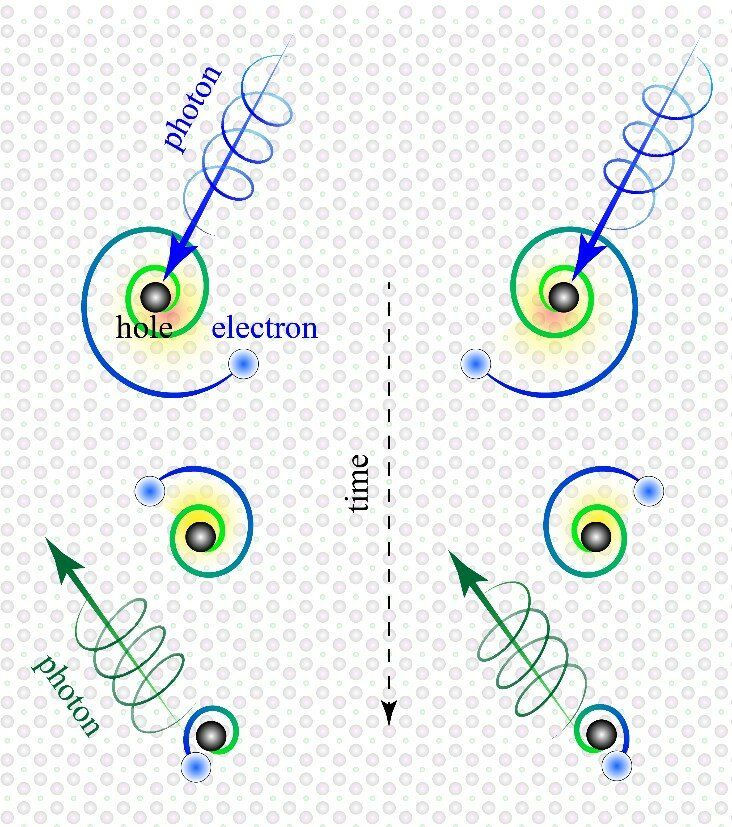Rutgers and other physicists have discovered an exotic form of electrons that spin like planets and could lead to advances in lighting, solar cells, lasers and electronic displays.
It’s called a “chiral surface exciton,” and it consists of particles and anti-particles bound together and swirling around each other on the surface of solids, according to a study in the Proceedings of the National Academy of Sciences.
Chiral refers to entities, like your right and left hands, that match but are asymmetrical and can’t be superimposed on their mirror image.
Read more
